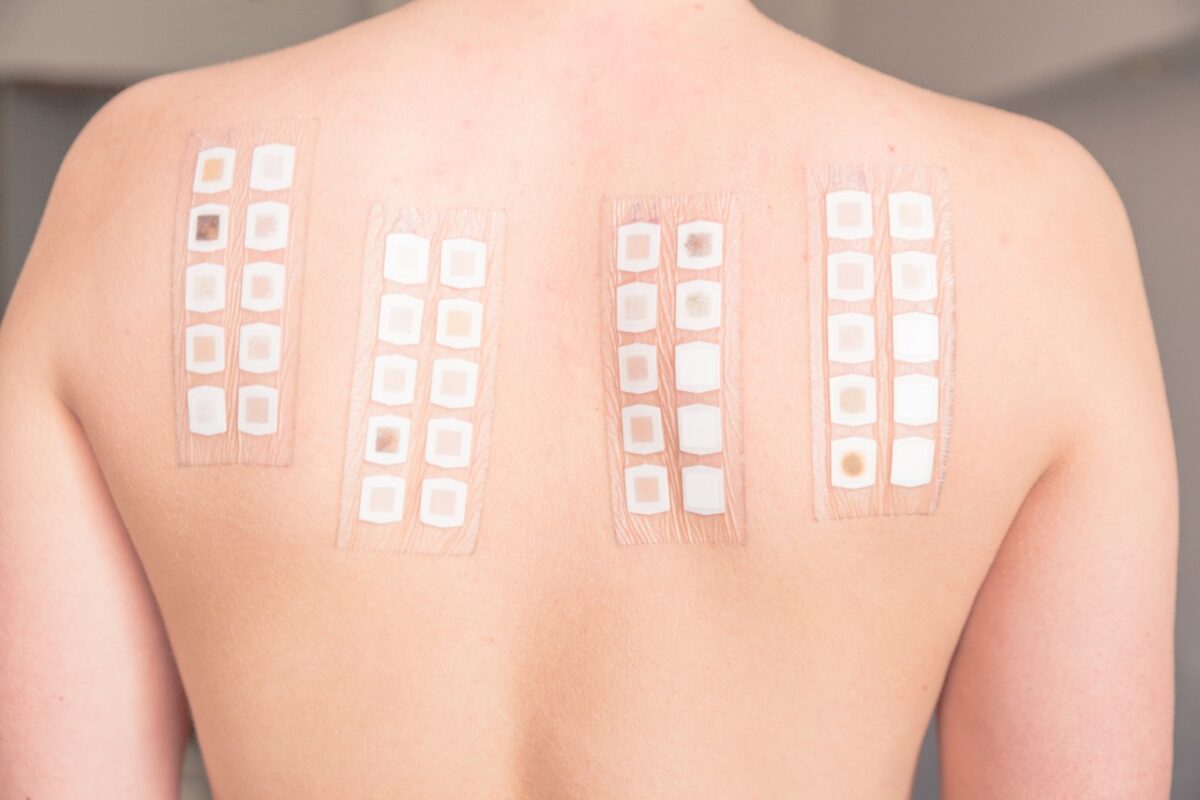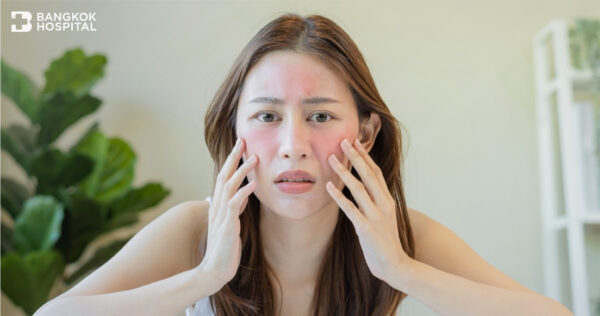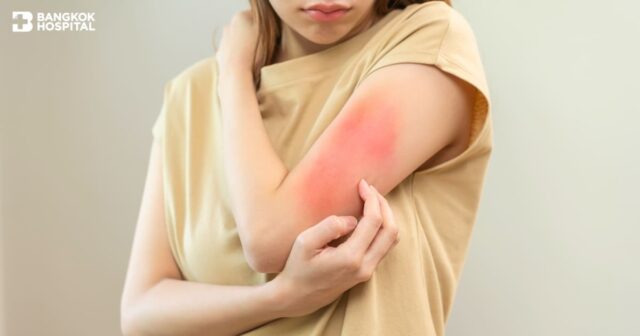Nobody likes allergy. Regardless of its type, allergy still has an effect on the body – especially allergic contact dermatitis, which results in rashes swelling, reddish skin, itches, and blisters. They are not only irritating, but cause us to lose our self confidence also. Therefore, knowing the source of our allergy through skin patch test will help us avoid contact with the source and keep our body in good shape.
Skin Rash Test with Patch Test
Patch Test is a diagnostic method to determine and confirm which substances directly cause allergic reaction on the skin – for example, cosmetic, soap, perfume, rubber gloves, jewelry, preservative, hair dye, sunblock cream, etc. – as a person may be allergic to more than one substance.
Patch Test Procedure
- The doctor with check your medical history, to determine substances that may be the cause of the allergy.
- The doctor places 80 test patches on your back.
- After the patches are in place, you must keep the test area dry and avoid activities that can make you sweat. If the area feels itchy, you must not scratch it but, instead, take antihistamine medication.
- You must keep every doctor’s appointment. After the first 48 hours, the doctor will remove the patches. Then after 96 hours, the doctor will determine reactions to the substances on the skin.
- After examining the results, followed by a detailed diagnosis, the doctor will determine the substances that cause the allergic reaction as well as the severity. The doctor will then recommend what you should do and what treatment would be appropriate.

Preparation for Patch Test
- Bring in all items that you suspect are the cause of your allergy, including the packaging that shows each item’s detail, for testing.
- Stop taking medication that contains steroid for 2 weeks, to prevent inaccurate results.
- Avoid sun exposure 1 week before the test.
What to Do After Patch Test
- Strictly follow the doctor’s advice.
- Avoid the substances that cause the allergy.
- If you are very sensitive to the allergens, you should be kept under the doctor’s close monitoring.
Who Should Receive a Patch Test?
- Patients with other skin diseases whose symptoms have worsen because of the allergy.
- Patients who suffer from chronic eczema and work in a profession with a high risk of allergic contact dermatitis – such as medical or dental professionals, hairdressers, mechanics, factory workers.
- People who discover additional rashes or skin inflammation on their body.
Advantages of A Patch Test
- The allergens are identified.
- Locations of the allergic reaction are known.
- Patients can avoid the substances that cause allergy.
In any case, it should be noted that the patch test cannot be performed on a pregnant woman. Also, severity of the allergic reaction differs from one person to another. If yours is widespread and not subsiding, you should consult your doctor as soon as possible.











